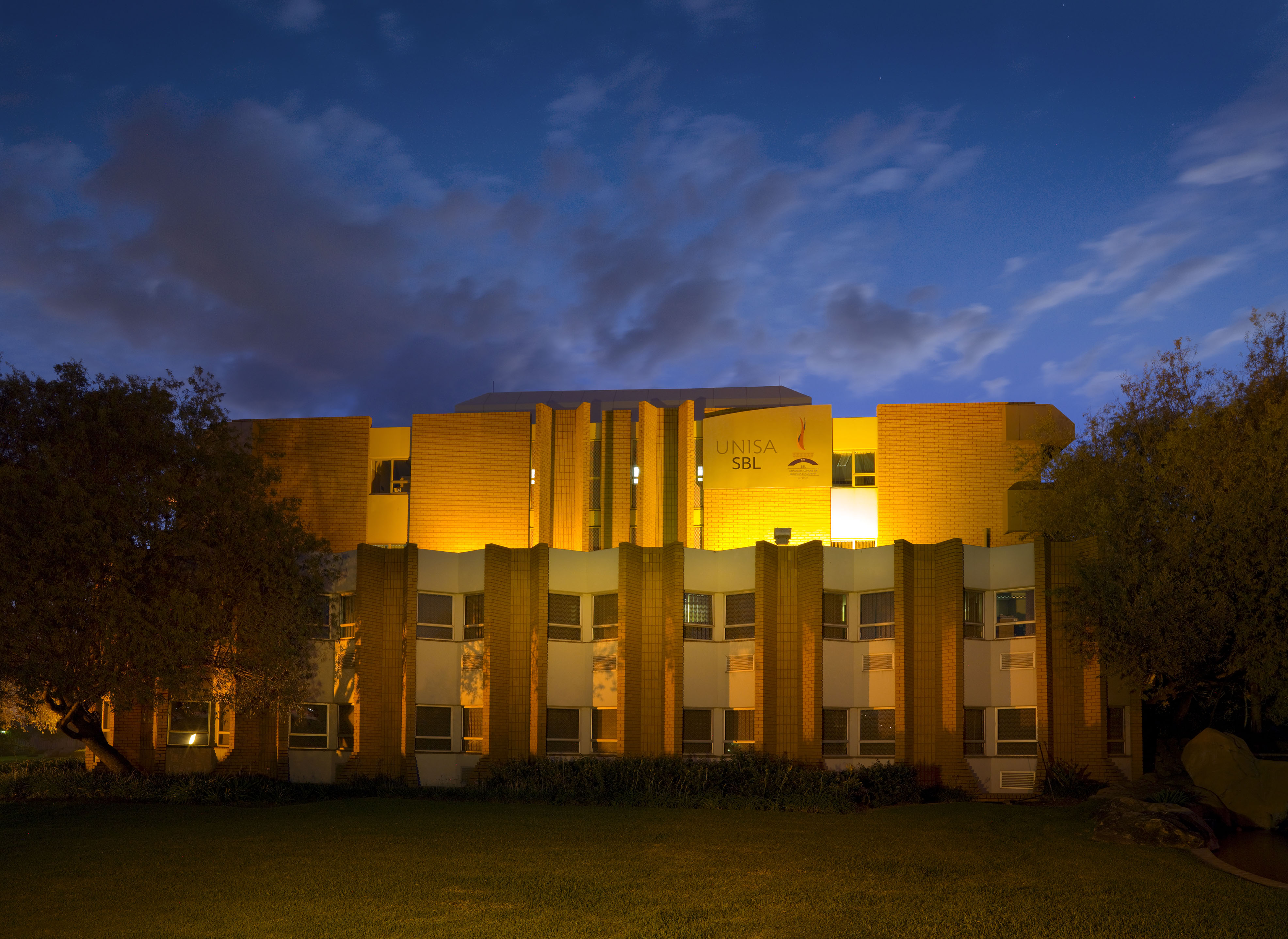
FM: Has the MBA/MBL transition from classroom to virtual teaching been straightforward?
Nobatyi: There have been challenges. However, the focus on serving our students and allowing minimal disruption to our academic programmes gave us the impetus to run with virtual classes. Training workshops enabled staff members to operate and we provided students with guidelines and other information in advance to make the transition as smooth as possible.
FM: When do you expect to return to the classroom?
Nobatyi: We will not return to the “old” classroom. All future planning centres on online delivery and an e-working environment. We plan to build on the largely successful online May/June exams, virtual research colloquium and study schools. Unisa has resolved to operate in an e-working environment in the future.
FM: How have students reacted to virtual teaching?
Nobatyi: We recognise it cannot approximate the face-to-face learning experience, but we also appreciate the benefits of online delivery and want to maximise them. Students were understandably apprehensive of online exams, but our live test run reduced their anxiety levels. This was intended to create and test student adoption, test the systems, procedures and student equipment, and create urgency among students.
FM: Have there been particular problems caused by Covid-19?
Nobatyi: Oh, yes. Covid-19 made it impossible to plan in advance as there was no warning and we had to plan as we executed. Some students could not write May/June exams for a variety of reasons, such as technical challenges and lack of equipment, and we had to give them the opportunity to defer to year-end exams without penalty. This included our overseas-based students. Time zone differences became a huge challenge, considering the emergency nature of these examinations.
FM: How have you monitored students writing online exams away from the school?
Nobatyi: Our online exams were run according to the institutional assessment policy to maintain integrity. A multifunctional team led by the academic director was on standby throughout. Exams were strictly timed, while allowing for students to download the exam question and upload answer books. We also employed geolocation tools to determine how close students were to each other.
FM: How have you helped students cope with the additional pressures of what is already a notoriously stressful degree programme?
Nobatyi: Covid-19 has thrust unanticipated challenges into all walks of life and our students have not been spared. We adopted a human approach to help students manage their requests and mostly accommodated them. Many students asked for assignment deadline extensions and some opted to cancel their 2020 registration.
FM: How are you planning for 2021?
Nobatyi: We have opened applications for the 2021 academic year. Market research shows that students want reduced tuition fees because of the shift to online teaching, but we believe that the need to reskill and improve employability will offset such calls.
*Article written by David Furlonger, Financial Mail, October 2020
Publish date: 2020-10-28 00:00:00.0
Contact the Marketing and Communication office: Mr Aubrey Louw at louwwa@unisa.ac.za
011 652 0365
Telephone: +27 11 652 0248 / +27 11 652 0291
Email: sbl@unisa.ac.za
Physical Address:
Cnr Janadel and Alexandra Avenues
Midrand, 1686
Gauteng, South Africa
Download map & directions (PDF)